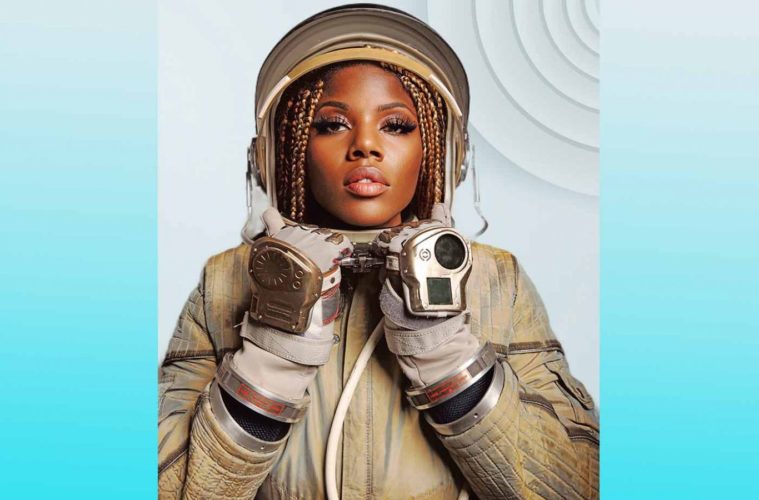As her body felt every movement the plane she was piloting to take-off made, Lisa Alcindor held her breath. Her instructor told her to hold the yoke steady. She did. The plane successfully took off, and Alcindor felt like she was going to faint. She thought about giving up on her dream of becoming an astronaut — but only for a second, then she snapped out of it. “I was like, if I can’t pass part one then I can’t be an astronaut,” Alcindor, 34, says. “I had to go back up. This type of journey is designed for me, which is why I’m here. I’m doing it because I can take it.”
Alcindor lives in Virginia and works as a contractor at the Pentagon. In July, she applied for the world’s first sponsored Citizen Astronaut Program, organized by Space for Humanity, a nonprofit with the goal of “democratizing space” that will fly participants into orbit to view the Earth from space after a series of training sessions. “Our mission at Space for Humanity is to give more people, from diverse backgrounds and different walks of life, the opportunity to gain the kind of perspective that is only possible from space,” Ryan Kriser, vice-chair of Space for Humanity, said in a statement.
More than 4,000 people have applied; Alcindor is in the second part of the application process. If she’s selected, she won’t accomplish her goal of becoming a professional astronaut but will rather become a citizen astronaut. During the application process, a diverse Space for Humanity team will look for candidates who intend to bring their experiences in space back to their communities, to positively influence people. (Space for Humanity has yet to announce when it will release its list of accepted participants.) The organization plans to fly its citizen astronauts into orbit via a stratospheric balloon from Space Perspective, a rocket-capsule from Blue Origin’s New Shepard, and a spaceship from Virgin Galactic. Before heading into space, participants will take part in in-person and remote “physical and psychological training” sessions, which will explore “impact intentions, cultural exchange, local-to-global shifts, sustainability, and collaborative futures,” among other topics.
Although Alcindor studied Economics and Business at Florida Agricultural and Mechanical University, she followed a different path, and worked for NASA as a program integrator from 2010 to 2017. During her time with NASA, she evaluated rocket engines, which inspired her to become an astronaut. Not many people took her seriously, though, when she told them about her aspirations. “Some people thought I was joking,” she says. “But when they heard me say it this week and next week and the next week, they were like, ‘Ok, she’s serious.’ It took a lot of understanding of who I am and what I want to do.”
In pursuing her goal, Alcindor started taking pilot classes in 2019. She now has 26 of the 40 hours required to earn a private pilot license; she is also a certified advanced scuba diver, having learned how to swim from watching YouTube videos before taking the course. Over the years, people from various fields and of different ethnicities and gender have traveled to space. Alcindor wishes to join this new generation of astronauts, who don’t have a specific image as did the rough-and-ready, cowboy-style all-male crews of the past. She dresses in flashy clothes and sang at Hollywood Week for American Idol in 2012. She plans to release her own rap music about space in the near future, and had acting roles in Stevie D, a humorous crime movie, and Class Dismissed, a web series.
“I have two lives,” she says. “No one knew I was doing other things. What they saw me doing, that’s what they knew me as. It was difficult to fully relax, because people didn’t know me altogether.”
To date, 598 people have flown into space, according to World Space Flight, a website chronicling the history of space expeditions. If Alcindor lands in space, she will become the first Haitian-American citizen astronaut. “The thing about being the first is that it would be the hardest because you’re representing something that was empty before,” Alcindor says. “It would come with the good, the bad, the in-between, and pressure, you would get it all.” ❖
Advertising disclosure: We may receive compensation for some of the links in our stories. Thank you for supporting Irvine Weekly and our advertisers.

